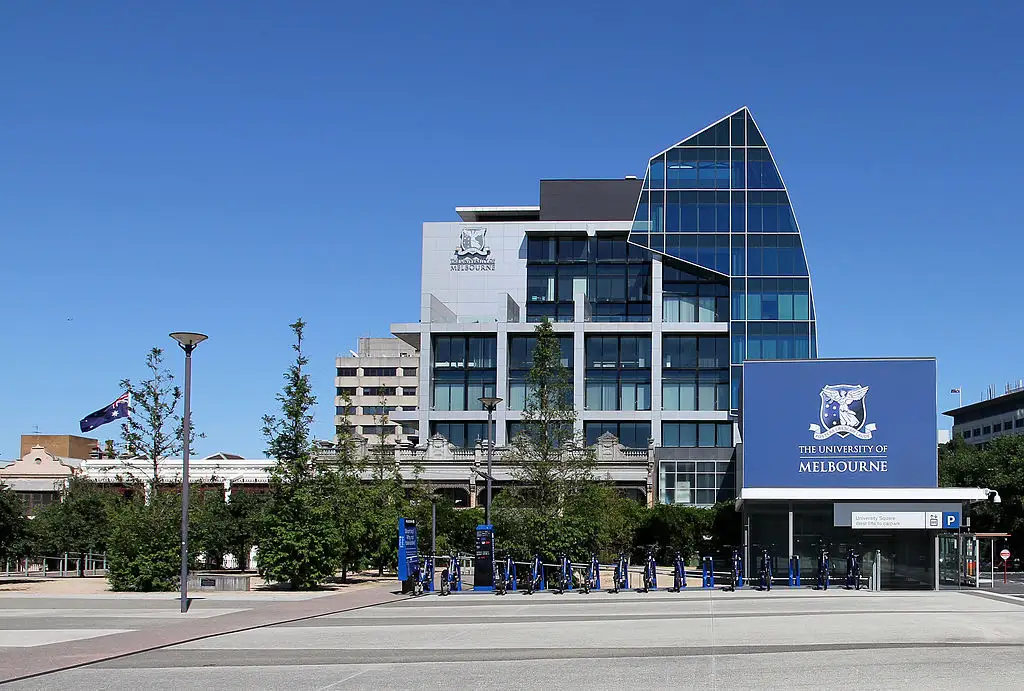
澳大利亚墨尔本大学博士后职位–地理、地球和大气科学学院
Research Fellow (Enabling Climate Change Adaptation)
University of Melbourne
Description
Job no: 0057022 Location: Parkville Role type: Full time; Fixed-term Faculty: Faculty of Science Department/School: School of Geography, Earth and Atmospheric Sciences Salary: Level A – $77,171 – $104,717 p.a. plus 17% super
The University of Melbourne would like to acknowledge and pay respect to the Traditional Owners of the lands upon which our campuses are situated, the Wurundjeri and Boon Wurrung Peoples, the Yorta Yorta Nation, the Dja Dja Wurrung People. We acknowledge that the land on which we meet and learn was the place of age-old ceremonies, of celebration, initiation and renewal, and that the local Aboriginal Peoples have had and continue to have a unique role in the life of these lands.
About the School of Geography, Earth and Atmospheric Sciences In 2021 the School of Geography, Earth and Atmospheric Sciences was formed within the Faculty of Science. The School combines discipline strength and expertise in Geography, Earth and Atmospheric Sciences, and its research and teaching spans the social sciences through to the quantitative physical sciences. In addition to our internationally recognised discipline expertise, we have strength in a number of multidisciplinary areas including: climate change; resource futures; space, place and social change; environmental hazards; Indigenous knowledge; and Earth system interactions. Environmental change is an overarching theme of interest in the School, and is analysed with reference to both social and natural sciences.
The School is dedicated to achieving a better future for our students, societies and the environment.
About the Role This position is to conduct research seeking to understand the enablers of best practice climate change adaptation in Australia. The position is to work on a project funded by the National Environmental Science Program Climate Systems Hub.
The project seeks to explain what enables ‘best practice’ adaptation in Australia. It has four stages: i. evaluating progress in the implementation of adaptation in Australia, ii. developing a framework to identify adaptation best practices, iii. identifying the enablers of adaptation best practices, and iv. partnering with on-ground practitioners to develop and test an approach to enabling adaptation. At its conclusion the project will publish a guide to approaches for best practice adaptation, including case studies demonstrating how these work in action.
The position involves the design of data collection activities, data collection with a range of partners across Australia, analysis and publication of results, project management and reporting, and supporting other members of the research team. The position will be based in the School of Geography, Earth and Atmospheric Sciences at the University of Melbourne, and provides an excellent opportunity for the further development of a career in academic research.
Responsibilities include:
Contribute independently and as a team member in conducting original research, including literature reviews, research design, data collection, data analysis and communication of findings
Work collaboratively with a range of stakeholders and research partners, and with members of the research team
Maintain a strong focus on communicating research findings by publishing in highly ranked journals, presenting to peers at relevant conferences and developing plain English summaries and case studies
Organise meetings with project partners and stakeholders
About You You will possess an extensive knowledge of climate change adaptation and have the ability to conduct high quality research. You will have strong written and oral communication skills in English and have advanced analytical skills, project management skills, and a demonstrated capacity to write for both academic and policy audiences. Experience with research on project evaluation, or on governance processes is desirable but not essential.
You will also have:
PhD in Human Geography or a related social science; or a Masters level degree in Human Geography or a related social science with experience working in the field of climate change adaptation
Demonstrated expertise in qualitative research methods
Excellent teamwork skills
Availability to travel to conduct research and to work with research partners for extended periods of up to 2 weeks (per trip), for up to 18 weeks per year













